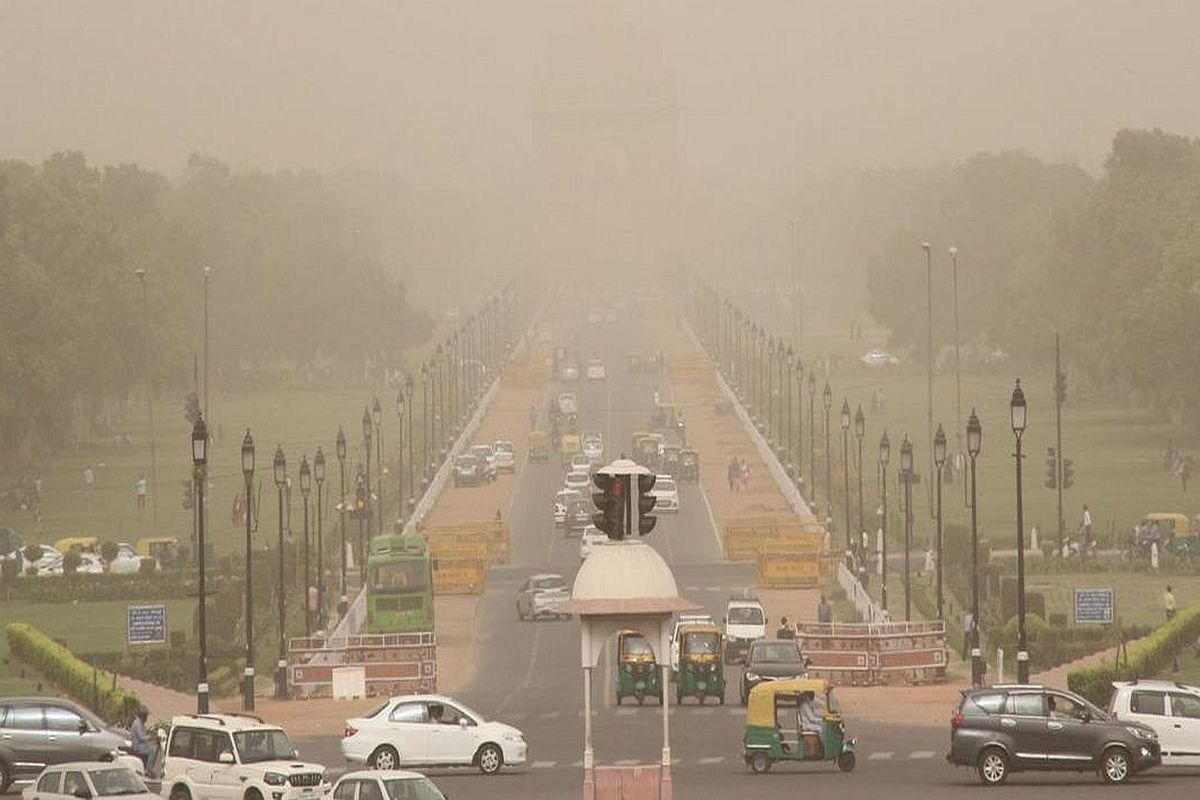
On November 21, 2024, experts highlighted a significant increase in lung cancer among non-smokers in India, attributing this trend mainly to worsening air pollution levels, especially in New Delhi. Following eight days of severe pollution, the city’s air quality saw a slight improvement, with the Air Quality Index (AQI) registering at 379, classifying it as “very poor.”
Traditionally associated with smoking, lung cancer now shows rising incidence among non-smokers, with exposure to secondhand smoke, radon, asbestos, a family history of cancer, and notably, long-term exposure to particulate matter cited as major risk factors. Dr. Ashish Gupta, Chief of Medical Oncology at Unique Hospital Cancer Centre, explained that pollutants can induce mutations in lung cells that may lead to cancer.
A recent study in the Lancet’s eClinical Medicine Journal confirmed that the majority of lung cancer cases in India occur in non-smokers, primarily due to heightened exposure to air pollution, with symptoms appearing about a decade earlier than in Western countries.
Dr. Rahul Bhargava, Principal Director of Hematology and Bone Marrow Transplant at Fortis Memorial Research Institute, emphasized that increasing air pollution contributes significantly to the rise in lung cancer cases, as pollutants like PM2.5 and harmful gases damage lung tissue and elevate cancer risk.
Importantly, lung cancer in non-smokers generally remains asymptomatic in its early stages, often leading to late diagnoses. Among non-smokers, adenocarcinoma is the most prevalent type, typically originating in the outer regions of the lungs.
Despite the recent air quality improvement, numerous monitoring stations in Delhi continued to report AQI levels exceeding 400, categorized as “severe.” The highest readings were recorded in Jahangirpuri and Wazirpur at 437, and Bawana at 419.
The spike in air pollution has also led to a surge in respiratory illnesses, including asthma and chronic obstructive pulmonary disease (COPD). Dr. Harsh Mahajan, Chair of FICCI-Health and Services, noted a 20% increase in patients with breathing issues compared to the previous month, mainly affecting individuals with existing respiratory conditions aggravated by pollution.
Children, in particular, are at greater risk due to their immature immune systems, which can lead to chronic conditions like asthma and allergies.
To prevent further health deterioration, experts recommend wearing N95 masks, minimizing outdoor activities, and using air purifiers at home to improve indoor air quality. They also advise monitoring health closely for symptoms like breathlessness, persistent cough, or chest pain and seeking medical help when necessary. Maintaining a balanced diet rich in antioxidants and proper hydration is essential to strengthen the immune system against the long-term effects of air pollution.
